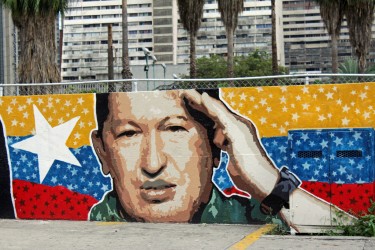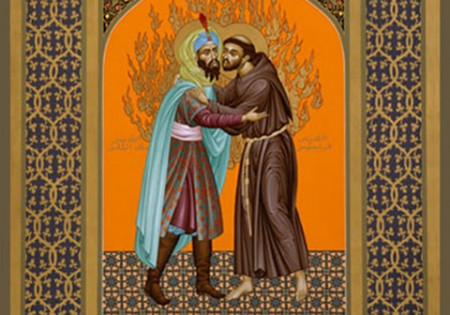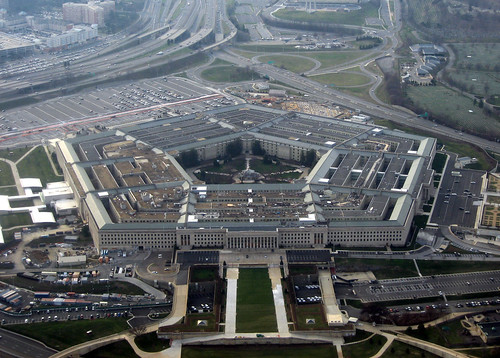
Como un crítico acérrimo de los Estados Unidos y una figura destacada del renacimiento de la izquierda en toda América Latina, Hugo Chávez Frías, sin duda, ha dejado una huella notable en la política internacional contemporánea. Pero, ¿qué será de su legado?
Mientras Venezuela llora y una nueva campaña electoral comienza, muchos se hacen preguntas sobre el futuro de las relaciones políticas en América Latina, una región en la que a Chávez se le atribuye un fuerte liderazgo.
Antonio J. Vázquez de Passim blog escribe:
En cuanto a las cuestiones externas, con Maduro como Presidente no parece que las relaciones regionales y transoceánicas vayan a cambiar. La influencia en la región, mientras siga habiendo petróleo y dinero, seguirán manteniendo su nivel. Venezuela seguirá exportando barriles a Cuba a precio de regalo, y seguirá comerciando a precios preferentes con los países de su entorno natural, más allá del geográfico.
Probablemente esto será bien recibido más allá de La Habana. Actualmente, veinte países latinoamericanos y caribeños siguen beneficiándose del programa de subsidios a la energía y los precios preferenciales de petróleo de la venezolana Petrocaribe. Estos incluyen a la económicamente devastada Haití.
Junto con su discurso “anti-estadounidense”, Chávez también trató de impulsar los procesos de integración en América Latina. La Comunidad de Estados Latinoamericanos y Caribeños (CELAC) y la Alianza Bolivariana para los Pueblos de Nuestra América (ALBA) son, quizás, los dos principales ejemplos de los intentos de Chávez de utilizar organizaciones regionales para eludir el poder y la influencia de los Estados Unidos. La pregunta ahora es si Maduro o otro político liderará la región de acuerdo con el legado de Chávez, o de forma más moderada.
Manu García, partidario del llamado proceso ‘Bolivariano’ liderado por Chávez los últimos 14 años, parece querer continuidad y cambio:
Preocupa sin embargo la excesiva personalización del proceso de cambio. El proceso bolivariano debe consolidar una dirección colectiva si no quiere perecer en la lucha por el legado del difunto. El reto es ser realmente proceso y boliviariano y no únicamente estructura y “chavismo”.
Otros dudan que esto pueda suceder. Carlos Malamud, un investigador del Real Instituto Elcano, concluye:
Puede que tras la muerte de Hugo Chávez haya surgido un nuevo mito de alcance continental, equiparable incluso al Che Guevara o a Simón Bolívar. No es éste el asunto en discusión en este punto. Lo que sí está claro es que más allá de su recuerdo, el liderazgo continental de Chávez es intransferible y que en estos momentos no existe nadie en América Latina con el carisma, los recursos, la agenda y la coyuntura favorable como para ocupar su lugar.
Translator: Juan Arellano
For additional reading on this topic please see:
For more information on issues and events that shape our world please visit the ISN’s featured editorial content and Security Watch.




